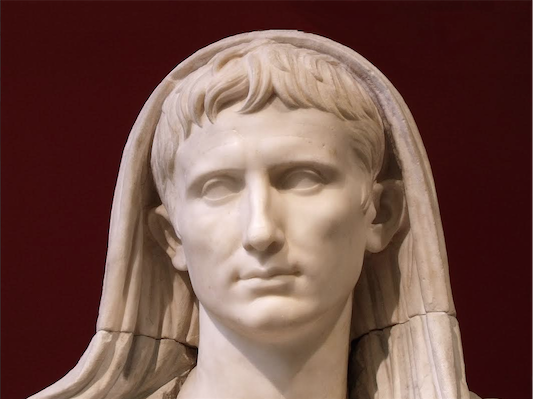Ruling, decisions, and discoveries

Credit: Alphanidon / Creative Commons
Recently, as I scrolled down the top charts in the App Store, a peculiar game instantly caught my attention and compelled me to download it. The game, as cheesy as it may sound, is called “Dictator: Outbreak.” As a young ruler of a democratic nation, you are responsible over your state’s welfare. Your goal: hold power for as long as possible.
At the start of the game, you are granted a budget of 1,500,000 units of fictitious currency, and you spend around 100,000 units every round. Your nation is comprised of six factions: the police, the oligarchs, the people, the opposition, the army, and your family. For every round, you have the choice to decide which faction to attend to, though you cannot choose the same one twice in a row. Once you have selected the faction to which you will devote your time, you have to respond to a question with a yes or no. Based on your answer, you either gain or lose popularity points. An example of a question is, “Permit free travel on commuter trains?” Another question, much more controversial, is, “Allow oligarchs to create a truffle farm at the public’s expense?”
Though the answers to some questions may seem obvious, you will find that it is not that simple. Aside from answering questions and seeking to boost your popularity amongst your nation, you respond to conspiracies and prevent revolutions from happening. If you do all this, your name will go down favorably in your nation’s history.
After playing this game multiple times and failing miserably, I came to two conclusions. First, ruling a country is most certainly not one of my greatest talents. Second, it is extremely challenging to be a successful ruler. Before judging a ruler as good or bad, I learned to put myself in their shoes and acknowledge how long they remained in power, the socioeconomic conditions of the nation they served, and the relevance of the decisions they made.
The point I’m trying to make is that we should respect the successful rulers that have once walked this planet. Extending from Napoleon Bonaparte to Lee Kuan Yew, rulers have done things that only very few people can do. By no means am I implying that they are perfect. Instead, I am merely examining their great achievements.
Let’s take Augustus, the founder of the Roman empire, as an example. He ruled Rome during what many historians perceive as Rome’s “Golden Age.” Augustus, following an age where Rome was surrounded by total chaos and infighting, founded the “Pax Romana,” translated into the “Roman Peace.” This document – in a revolutionary way – encouraged tolerance, and security to just about all Roman citizens. He also augmented Rome’s trade routes, strengthened the frontiers of his empire, and, most importantly, fed the lower class representatives of his country, which was very uncommon at the time. Overall, he favored all the political and social factions of his empire, serving as a legitimate ruler, and, ultimately, made a name for himself.
On the other hand, Brazil’s current political scene is riddled with problems. Many are unsatisfied with the president Dilma Rousseff and have participated in protests since June 2013. I can only wonder, with great skepticism, if the current political leaders of this country will be remembered years, decades, even centuries from now – and for what.
Having survived only twenty rounds as a ruler, I cordially invite you, the reader, to test out this game for yourself and discover if you would be a successful ruler in your own right.

As a senior writing for the POV section, this is Fernando's third and final year as part of The Talon. His passions revolve around development economics,...








